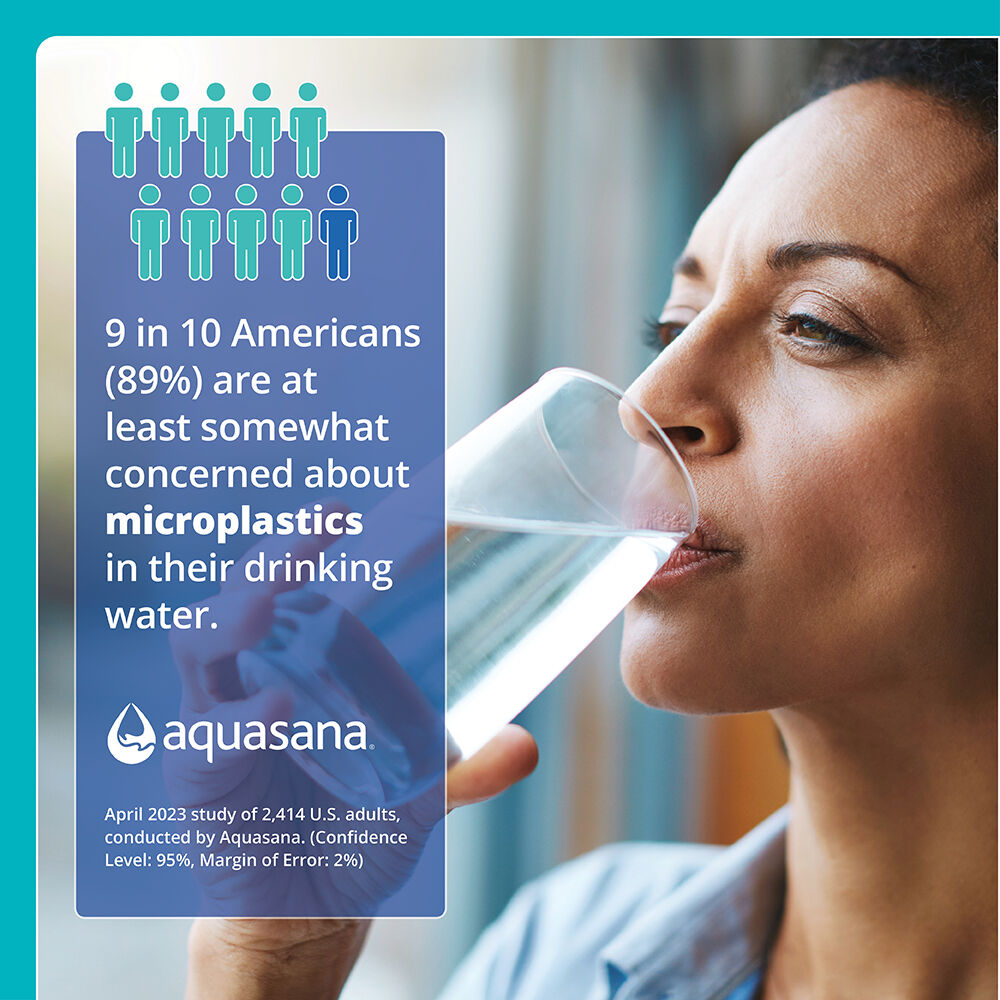Survey Methodology and Definitions
The findings presented in this article are the result of an April 2023 study of 2,414 U.S. adults, conducted by Aquasana. (Confidence Level: 95%, Margin of Error: 2%)
Demographic Definitions
Age Cohorts (based on Pew Research)
- Baby Boomers: 1946-64
- Gen X: 1965-80
- Millennials: 1981-96
- Gen Z: 1997-2012



